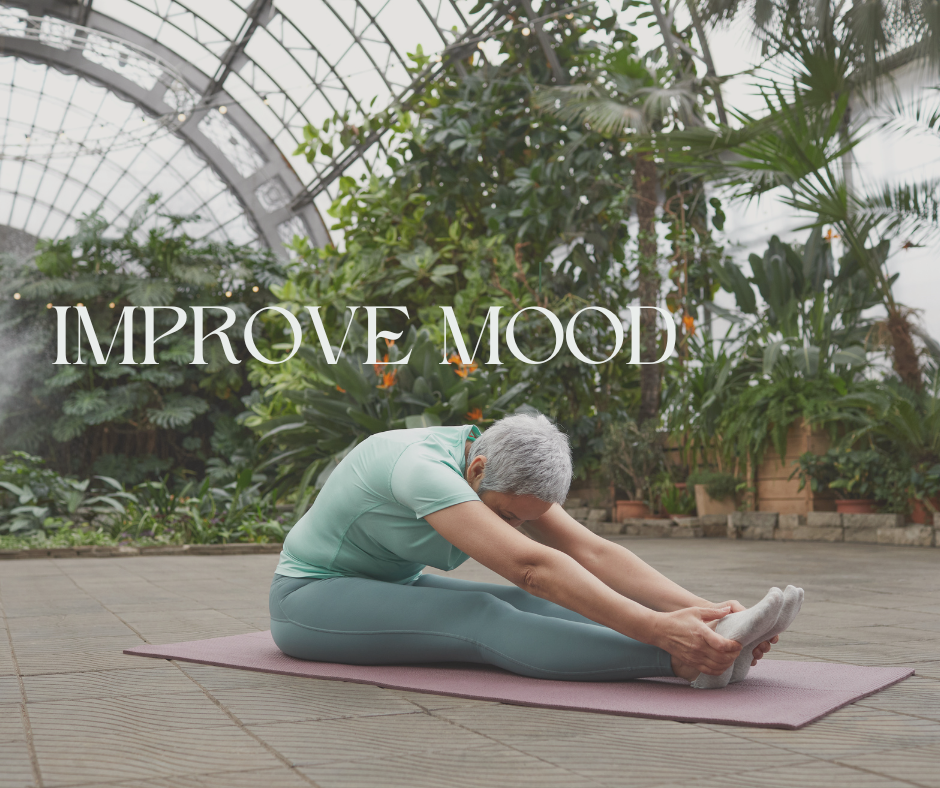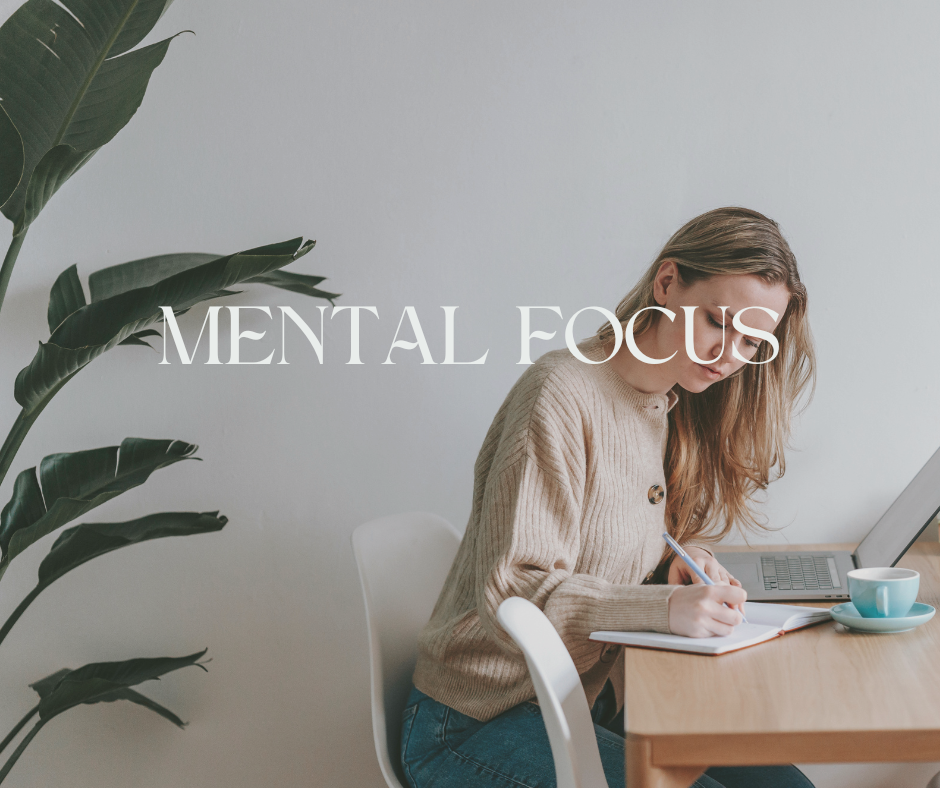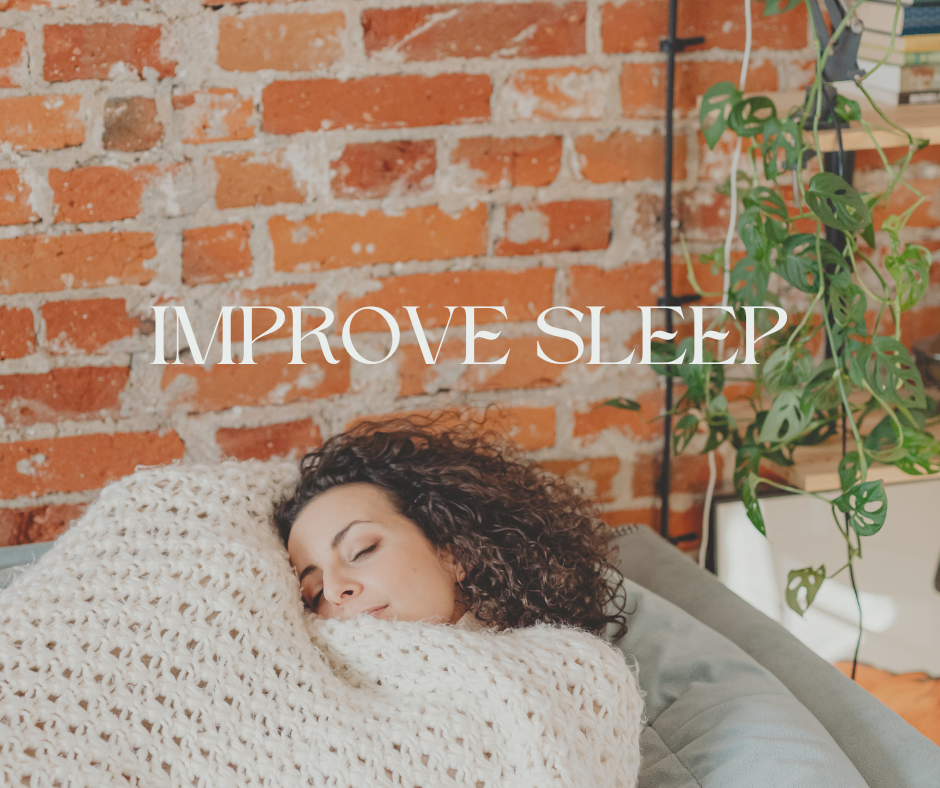In honour of Mental Health Awareness Month in May I’m shedding some light on the ways yoga can help improve mental health. This is a very personal topic, having found yoga when I was struggling with my mental health, suffering from stress, anxiety and burnout. Yoga was the only thing that could still my busy mind, help me re-connect, and find perspective. The profound effect practice had on both my mind and body is why I’m here today, showing up as Katie J Yoga, hoping that I can pass on the gift that changed my life to others.
The prevalence of poor mental health in the UK has exponentially grown in the past decade, Mind UK quote that in any given week in England 1 in 6 people are reporting a common health problem such anxiety and depression [1]. It’s no wonder this is the case, with more pressure on our time, financial resources and external expectations, with downtime and rest being neglected. Now more than ever we need to take care of our mental health, be aware of how we are feeling and step off the hamster wheel of life to breath, move and be mindful.
Often people know that yoga is good for them, they feel better with a regular practice, but are not always sure why. Keep reading if you want to find out 4 ways yoga can help improve mental health.
1. Improve Mood
Those who have practiced yoga will know there is a feeling you get at the end of class, that ‘yoga glow’, it can be slightly different for everyone; for me I often feel more grounded, gain perspective and life just seems that little bit happier for the simple fact that I’ve allowed time in the day for self-care and to reset.
So we know the feeling, but what is going on in our bodies when we practice yoga?
An article published by Harvard Medical School stated that yoga “can affect mood by elevating levels of a brain chemical called gamma-aminobutyric acid (GABA), which is associated with better mood and decreased anxiety [2].” So we didn’t dream it up – it really does make us feel better.
A study by Ramanathan et al looked at the effectiveness of yoga on the mental health of elderly women in a hospice; results showed that yoga therapy not only helped decrease levels of anxiety and depression but also led to increased levels of self-esteem [3]. We feel better about ourselves after practice, and with this a greater feeling of self-worth we are more likely to take care of ourselves, hopefully creating an upward spiral of improving health.
Findings from a CDC survey found that 67% of people feel better emotionally due to their yoga practice [4]. When you’re in a better mood emotionally you’re able to tackle everyday life from a stronger steadier place.
So the science all points to yoga being a mood booster.
2. Mental Focus
In the world we currently live, mental focus is so hard to achieve because were constantly being bombarded with information, advertising, opinions, technology – there are distractions coming at us from all angles. Sitting down and having an hour of focused time is almost impossible; what if yoga can help with this?
Dr Nevins an osteopathic physician and yoga instructor states that “regular yoga practice creates mental clarity and calmness; increases body awareness; relieves chronic stress patterns; relaxes the mind; centers attention; and sharpens concentration[5]."
Who wants better concentration? Everyone! Researchers have found that the neural patterns in the brain can be affected by yoga, leading to improved ability to focus and concentrate. For example after completing a 20-minute yoga session, participants showed noteworthy improvement in memory, speed, and accuracy [6].
A study conducted by the University of Waterloo found that “practicing just 25 minutes of hatha yoga or mindfulness meditation per day can boost the brain’s executive functions, cognitive abilities linked to goal-directed behavior and the ability to control knee-jerk emotional responses, habitual thinking patterns and actions [7].” Imagine how different the world could be if everyone practiced 25 minutes of yoga per day – I’m confident it would be a more grounded, less reactive and kinder place. So why not start with yourself - get your diary out and schedule in the time. While this may mean setting your alarm 25 minutes earlier in the morning or 25 minutes less screen time in the evening look at the benefits it could bring.
3. Reduce Stress
This is the main reason I was drawn to yoga - working a high-pressure corporate job, living in Australia miles from my family, yoga was the only activity that seemed to help reduce my stress levels.
Prior to practicing yoga I didn’t understand the concept of mindfulness or how it could help. Mindfulness can be defined as “the basic human ability to be fully present, aware of where we are and what we’re doing, and not overly reactive or overwhelmed by what’s going on around us. [8].” Now that I’ve learnt how important mindfulness is for calming the body and mind, reducing levels of stress, and helping to keep my anxiety at a manageable level, I strive to be as present as possible each day.
A study by Gopal et al looked at the relationship between yoga and stress in a group of first year medical students, with findings suggesting that “yoga resists the autonomic changes and impairment of cellular immunity seen in examination stress [9],” and showing that students practicing yoga were more resilient to stress during this time of high pressure.
Another study by Maddux et al looked at how yoga could affect the stresses of modern life, and whether it was an accessible and affordable coping mechanism for the general public. Results indicated that “in comparison to the control group, those who practiced yoga showed a significant decrease in stress, depression, insomnia and general psychological health complaints, and significant increase in wellbeing”. Findings concluded that “yoga appears to be effective for reducing stress and promoting psychological health in workers experiencing stress [10]."
A study by the University of Waterloo showed that only 10 minutes of meditation was found to reduce levels of stress, and increase focus in anxious individuals [7]. For most of us stress will come and go throughout our lives. So why not pick up the tool of yoga to help feel more relaxed; it’s a healthy, socially acceptable way to deal with the stress and strains of modern life.
It’s been widely demonstrated that yoga can help us sleep – alongside many scientific articles I also see it in a practical sense when talking to my students about how they sleep after practice.
A study by Vera et al states that “it can be concluded that long-term yoga practice is associated with significant psycho-biological differences, including better sleep quality [11]."
It may be obvious that a fast-paced dynamic class which tires you out is going to help you sleep better, but what about the slow restorative class or yoga nidra? Slow nasal breathing used in class helps to stimulate the vagus nerve which affects the parasympathetic nervous system, which has control over rest, helping improve your sleep [4].
As well as the physical side of yoga, mindfulness is an important part too, it's been shown to boost levels of melatonin (a hormone which promotes sleep). “Mindfulness through yoga has been tied to falling asleep faster, sleeping longer, and waking up less often during the night [4]."
Yoga nidra is a tool which can be used to help with insomnia and reduce levels of stress and anxiety. An article written by Sarah Vallie states that “yoga nidra allows you to access delta brainwaves, which are responsible for the healing and restoration that happens in your body during deep sleep.” The article goes on to suggest that yoga nidra helps calm the sympathetic nervous system (fight or flight mode) and activates the release of melatonin via activation of the pineal gland [12].
A study by Bankar et al looking into the effect of yoga on sleep in the elderly showed that the addition of regular yoga in the daily routine of elderly people can both improve the quality of their sleep and overall quality of life [13].
You’re probably thinking, but I don’t have time to do yoga every day? Moszik et al took a group of busy people that only had time for a short break each day and provided them with an 11 minute yoga nidra meditation to integrate into their busy schedule for 30 days. The meditation group showed higher wellbeing, less stress and improved sleep quality in comparison to the control group [14].
If you’re struggling to sleep don’t ignore the science, find a few minutes for meditation or roll out your mat, breath deep and flow.
Time To Act
It’s all well and good reading about how yoga can help our mental health, however its essential to do the practice to feel the results. We often feel resistance to add new things into an already overcrowded diary, but as the research above suggests, yoga can have huge positive impacts on your life – it’s my belief in this statement that led me to the path I’m now on; sharing the gift of yoga with as many people as possible. I also listen to my feedback from my students, like Becky:
“Your motivation and inspiring classes have made such a difference to me and how I feel physically and mentally and I truly thank you for that.”
In honour of Mental Health Awareness Month I’m holding a Free 45 Minute Online Yoga Class on Thursday 16th May at 18:15, suitable for all levels. Sign up here: https://www.katiejyoga.com/mental-health-awareness-month-class
If your company are looking for an activity to help promote Mental Health Awareness Month I have two offerings designed for you – please check out full details here.
Any questions contact me on info@katiejyoga.com.
Hope to see you on the mat soon!
Katie
References
1. Mind UK, this information is published in full at mind.org.uk
2. Harvard Health Publishing (https://www.health.harvard.edu/staying-healthy/yoga-for-better-mental-health)
3. Ramanathan M, Bhavanani AB, Trakroo M. Effect of a 12-week yoga therapy program on mental health status in elderly women inmates of a hospice. Int J Yoga. 2017 Jan-Apr;10(1):24-28. doi: 10.4103/0973-6131.186156. PMID: 28149064; PMCID: PMC5225740. (https://www.ncbi.nlm.nih.gov/pmc/articles/PMC5225740/)
4. Written by WebMD Editorial Contributors, medically reviewed by Dan Brennan, MD, November 27, 2021 (https://www.webmd.com)
5. American Osteopathic Association (https://osteopathic.org/what-is-osteopathic-medicine/benefits-of-yoga/)
6. University Health News, Lisa Cantkier (https://universityhealthnews.com/daily/mobility-fitness/yoga-for-concentration-cognition-and-memory/)
7. University of Waterloo, Media Relations (https://uwaterloo.ca/news/news/yoga-and-meditation-improve-brain-function-and-energy-levels)
8. Mindful Staff, July 8, 2020 (https://www.mindful.org/what-is-mindfulness)
9. Gopal A, Mondal S, Gandhi A, Arora S, Bhattacharjee J. Effect of integrated yoga practices on immune responses in examination stress - A preliminary study. Int J Yoga. 2011 Jan;4(1):26-32. doi: 10.4103/0973-6131.78178. PMID: 21654972; PMCID: PMC3099098. (https://www.ncbi.nlm.nih.gov/pmc/articles/PMC3099098/)
10. Maddux et al, Research Gate (https://www.researchgate.net/publication/321253743_The_effects_of_yoga_on_stress_and_psychological_health_among_employees_an_8-_and_16-week_intervention_study)
11. Francisca M. Vera, Juan M. Manzaneque, Enrique F. Maldonado, Gabriel A. Carranque, Francisco M. Rodriguez, Maria J. Blanca, Miguel Morell, Subjective Sleep Quality and hormonal modulation in long-term yoga practitioners, Biological Psychology, Volume 81, Issue 3, 2009, Pages 164-168, ISSN 0301-0511, (https://doi.org/10.1016/j.biopsycho.2009.03.008)
12. Sarah Vallie, Medically Reviewed by Danny Paul Baby, MD, August 12, 2022 (https://www.webmd.com/balance/what-to-know-yoga-nidra)
13. Bankar MA, Chaudhari SK, Chaudhari KD. Impact of long term Yoga practice on sleep quality and quality of life in the elderly. J Ayurveda Integr Med. 2013 Jan;4(1):28-32. doi: 10.4103/0975-9476.109548. PMID: 23741159; PMCID: PMC3667430. (https://pubmed.ncbi.nlm.nih.gov/23741159/)
14. Moszeik, E.N., von Oertzen, T. & Renner, KH. Effectiveness of a short Yoga Nidra meditation on stress, sleep, and well-being in a large and diverse sample. Curr Psychol41, 5272–5286 (2022). (https://doi.org/10.1007/s12144-020-01042-2)





